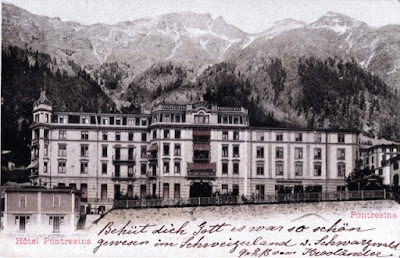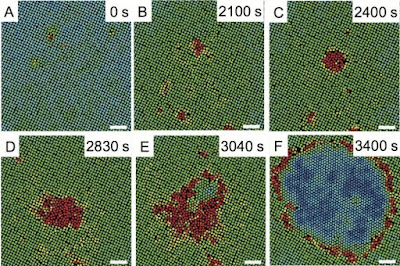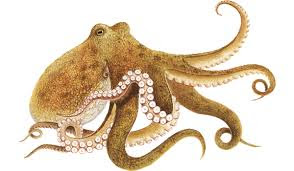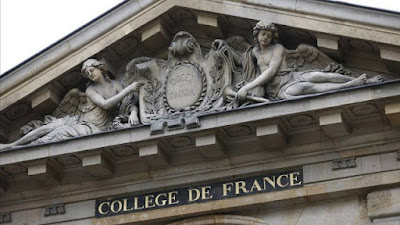Grand Hotel Abyss

Georg Luk�cs in 1962 used the colorful image of a fictional "Grand Hotel Abyss" to express his disappointment in the theorists of the Frankfurt School. Here is a passage in which the idea is described in "Preface to the Theory of the Novel" ( link ): A considerable part of the leading German intelligentsia, including Adorno, have taken up residence in the �Grand Hotel Abyss� which I described in connection with my critique of Schopenhauer as �a beautiful hotel, equipped with every comfort, on the edge of an abyss, of nothingness, of absurdity. And the daily contemplation of the abyss between excellent meals or artistic entertainments, can only heighten the enjoyment of the subtle comforts offered.� (The fact that Ernst Bloch continued undeterred to cling to his synthesis of �left� ethics and �right� epistemology (e.g. cf. Frankfurt 1961) does honour to his strength of character but cannot modify the outdated nature of his theoretical position. To the extent that an



